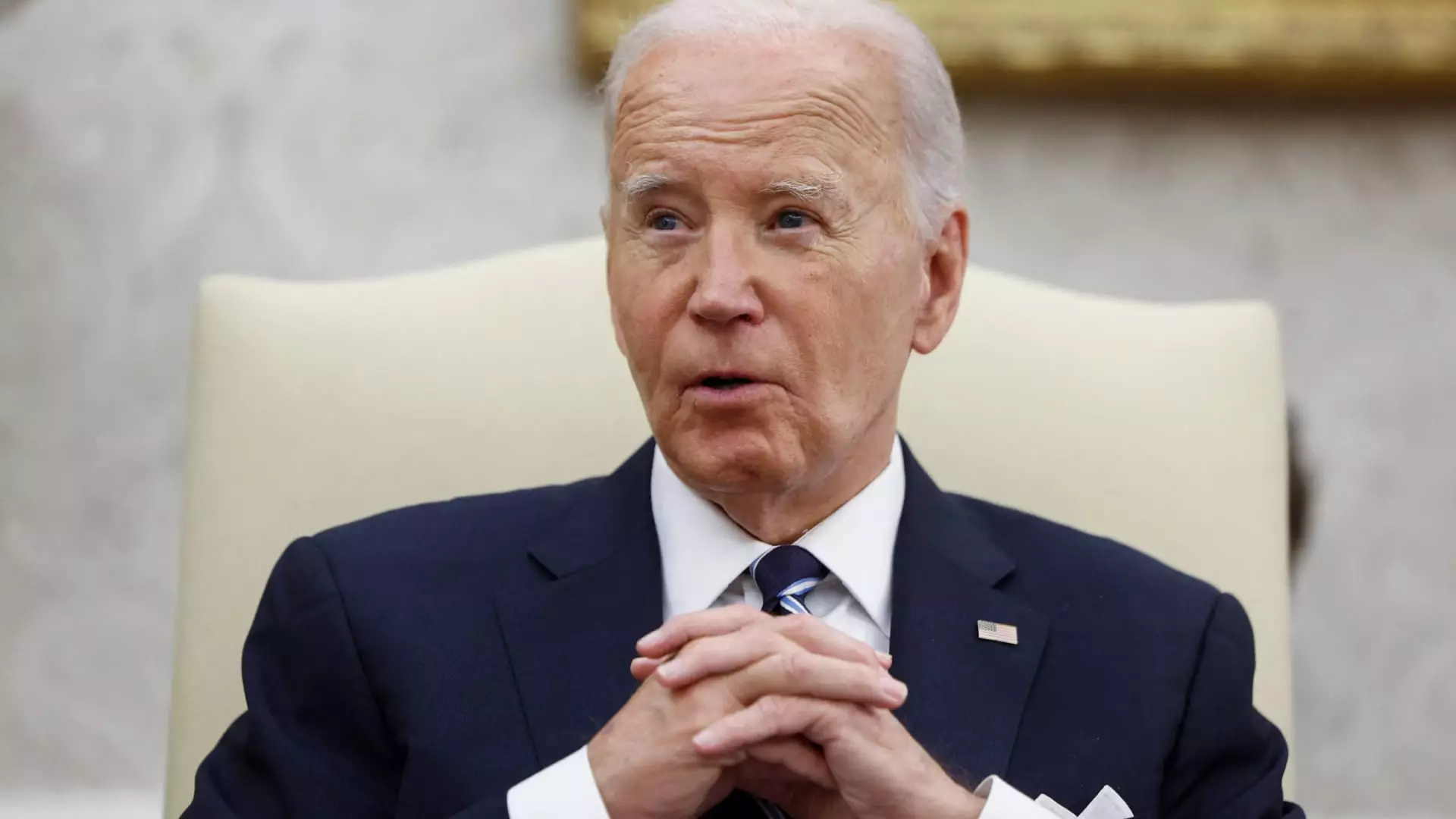The prospect of a looming government shutdown has been temporarily dodged, but the complications surrounding federal funding are far from over. As Congress approaches the crucial period before the election, lawmakers grapple with the complexities of funding federal agencies for fiscal year 2025. The current session, often referred to as the lame-duck session, presents a unique challenge: only a limited window exists for legislators to resolve the necessary appropriations bills.
Following the upcoming Election Day, members of Congress will return to Washington for just five weeks before the year concludes. This condensed timeline places significant pressure on lawmakers as they attempt to negotiate the 12 appropriations bills essential for federal agency funding. Historically, this period has been rife with conflict and negotiation breakdowns; indications suggest that this year will follow suit.
Compounding the issue are the political dynamics at play. The Republican leadership, spearheaded by House Speaker Mike Johnson, has declared an end to the status quo of passing budget measures crammed with assorted priorities just before the holiday recess. Johnson’s commitment to avoid the traditional “Christmas omnibus” suggests pivotal changes in the legislative approach to budgeting. However, this assertion does not preclude the possibility of yet another continuing resolution (CR) being employed as a temporary measure.
The tensions between the two major parties are palpable, particularly with a divided government looming on the horizon. Senior appropriators in Congress have already voiced skepticism regarding the likelihood of a straightforward budgeting process. Representative Debbie Wasserman Schultz’s comments underscore the challenges Democrats face while trying to navigate a Republican-controlled House. She articulated that the need for cross-party collaboration is undeniable, stating, “They continually need Democrats to actually get anything done.” This reality highlights the fragile balance that governs legislative negotiations—and the increasing reliance on bipartisan compromises to achieve essential funding agreements.
As we enter this contentious legislative period, it is worth noting that the current appropriations process also serves as a reflection of broader divisions within Congress. The necessity for collaboration is often overshadowed by partisan posturing. For instance, while Republican representatives may propose an end to specific practices, they often find themselves constrained by the need for Democratic support to avoid funding crises. This tug-of-war between commitment and necessity will likely shape the negotiation landscape as year-end deadlines approach.
The outcome of the upcoming elections will significantly influence how funding discussions unfold. If Republicans secure a stronger foothold in the House, Senate, or White House, it could lead to more aggressive attempts to push through conservative fiscal policies. Conversely, the context of divided government may force all parties to engage in intricate bargaining strategies to reach an agreement that does not diminish essential services.
As Congress heads toward December, potential paths forward include either an all-encompassing omnibus spending package—a method both parties have historically reverted to under pressure—or yet another short-term funding extension that simply delays substantive discussions. The worry is that such postponements would perpetuate a cycle of last-minute deals that undermine thoughtful, comprehensive fiscal planning.
As the dust settles from the immediate threat of a government shutdown, Congress faces an equally daunting challenge: navigating the turbulent waters of budgetary funding amid an approaching election. The limited time available for establishing a funding agreement heightens the stakes, while the mix of political agendas complicates the path forward. Each decision made in this critical time will shape not only the fiscal landscape of 2025 but also the broader political climate as Congress transitions into a new term. Ultimately, the intersection of partisanship, necessity, and governance will dictate whether lawmakers can effectively resolve their budgetary dilemmas or succumb to a recurring cycle of fiscal uncertainty.


Leave a Reply